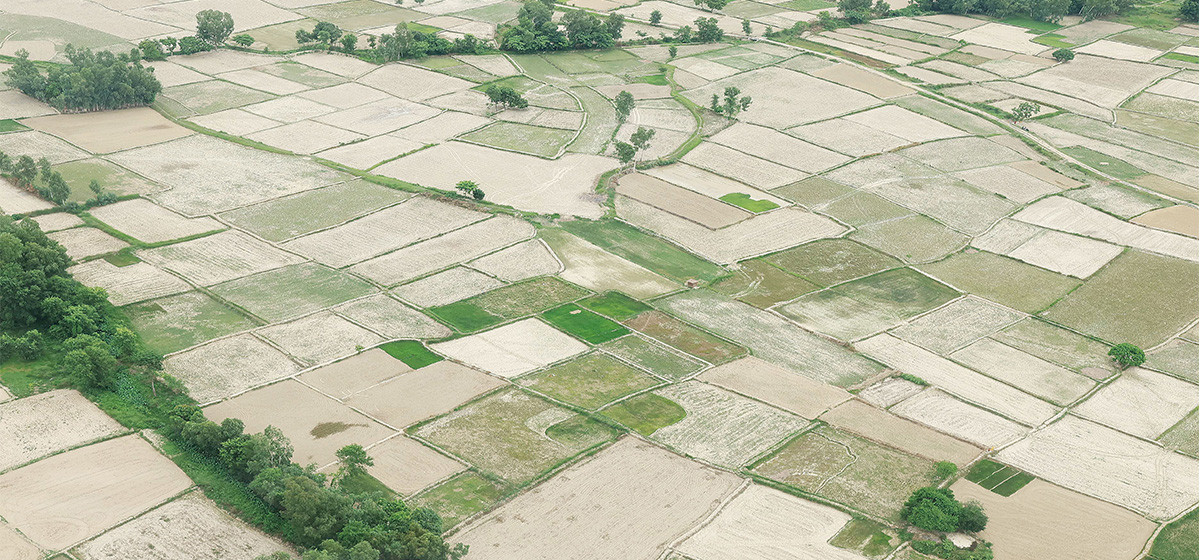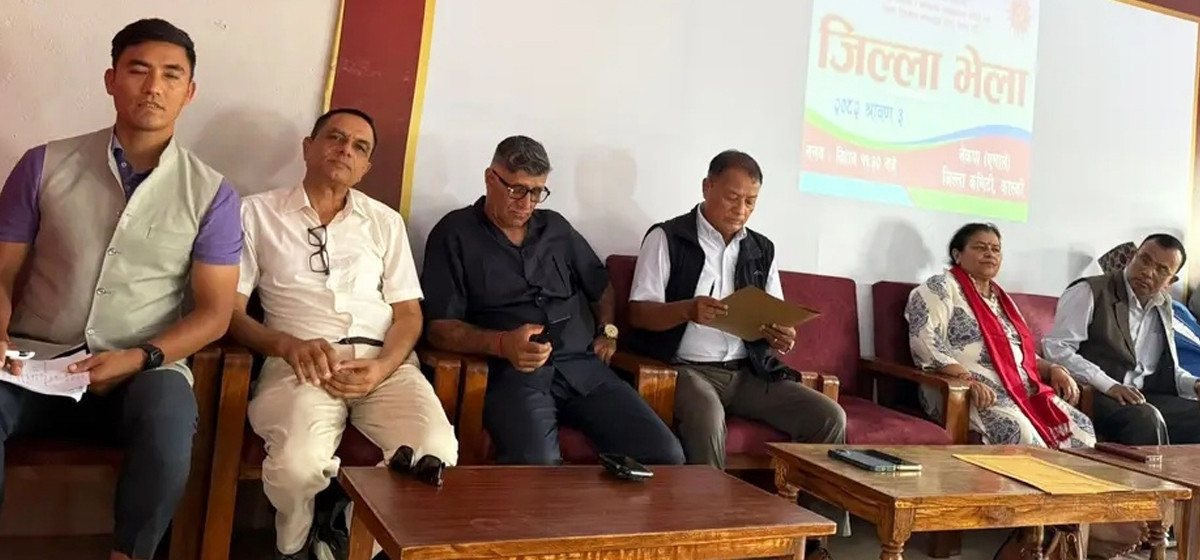KATHMANDU, April 4: Various organizations working in the family planning sector in Nepal are going to be hit hard by US President Donald Trump’s policy of not supporting various family planning methods anywhere. Especially, the economically disadvantaged people in the remote parts of the country will be affected by the policy, according to the stakeholders.
The US used to support the government and various organizations including the Family Planning Association of Nepal (FPAN) and Nepal CRS Company for family planning programs including the use of contraceptives and safe abortions.
FPAN officials say that the Trump policy would definitely affect their programs implemented in 11 districts. “Family planning programs, which are fully funded by the USAID in four districts - Rasuwa, Bara, Bhojpur and Bajhang - will be badly affected,” said an FPAN official, requesting anonymity. Established in 1959, FPAN has been promoting family planning in Nepal.
Food crisis looms large as drought hits Madhesh districts

Similarly, Nepal CRS Company, which was established in 1978, has been supporting family planning programs, especially through the production and distribution of contraceptives. “The USAID has been supporting us in a major way for the last four decades,” said an official at the company, asking not to be named, “I don’t know about the impacts of President Trump’s decision to stop supporting family planning.”
The Government of Nepal spends some Rs 4 billion annually on family planning programs, according to the Family Health Division under the Department of Public Health Services. However, government officials are not much worried about Trump’s policy on family planning.
“The government contributes 70 percent of the budget allocated for family planning programs,” said Dr Naresh Pratap KC, director at the division. “The remaining 30 percent is contributed by development partners and donors. Of that 30 percent, the USAID contributes about 10 percent,” he said. “But Nepal CRS Company will be badly affected by Trump’s decision.”
Dr KC further said that development partners such as DFID and the United Nations Population Fund (UNFPA) have also been funding family planning programs. “Other partners such as the Global Fund on Family Planning, set up by different countries such as the Netherlands and Canada have already shown interest in supporting family planning programs,” he added.
The UNFPA, on April 4, regretted the decision by the United States to deny any future funding for its life-saving work the world over.
The United States has long partnered with UNFPA to protect and promote the reproductive health and rights of women and girls, thereby fostering healthier women and girls and their families. “The support we received over the years from the Government and people of the United States has saved tens of thousands of mothers from deaths and disabilities, and especially now in the rapidly developing global humanitarian crises,” said a press statement by UNFPA which has been working to combat gender-based violence and reduce maternal deaths in the world’s most fragile settings, in areas of conflict and natural disasters, including Iraq, Nepal, Sudan, Syria, the Philippines, Ukraine, Yemen and China from the previous supports by the US.
“We have always valued the US as a trusted partner and leader in helping to ensure that every pregnancy is wanted, every childbirth is safe and every young person’s potential is fulfilled. We, therefore, look forward to continuing our work with the US to address these global concerns and to restore our strong partnership to save the lives of women and girls globally, within the framework of the global development goals, thereby leaving no one behind,” reads the statement.




































